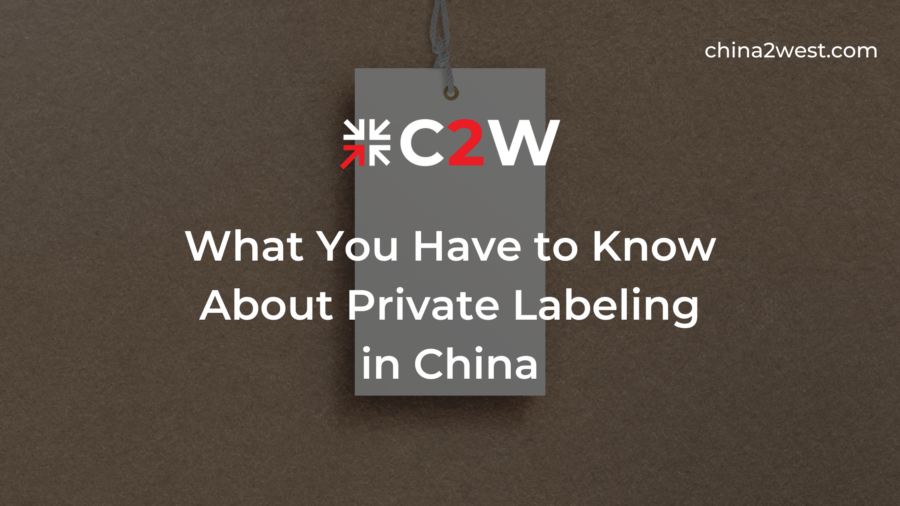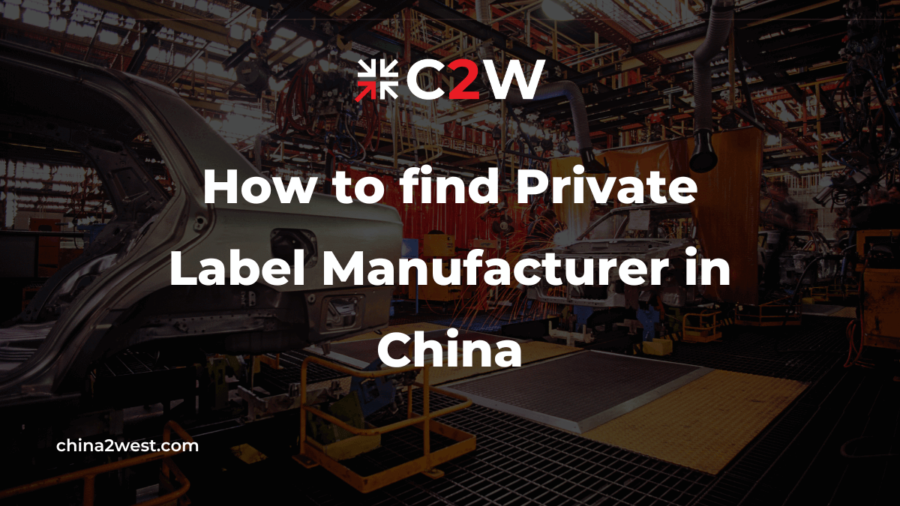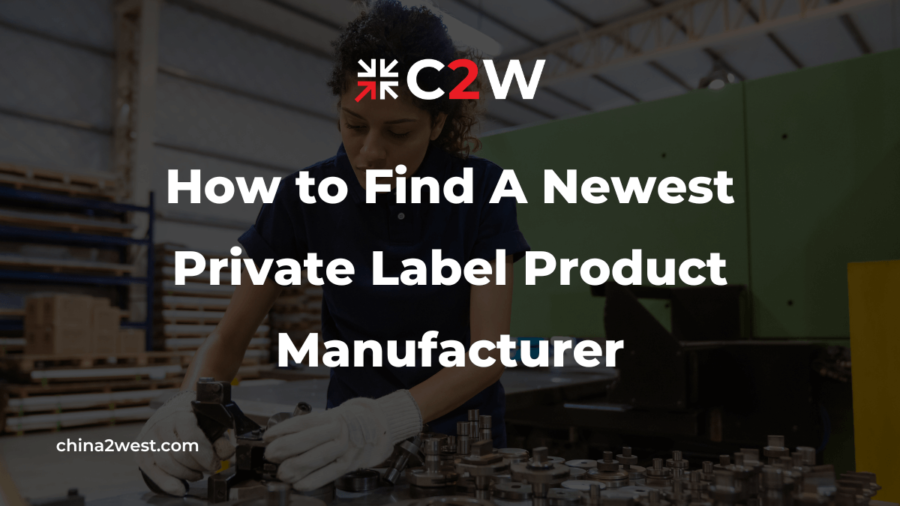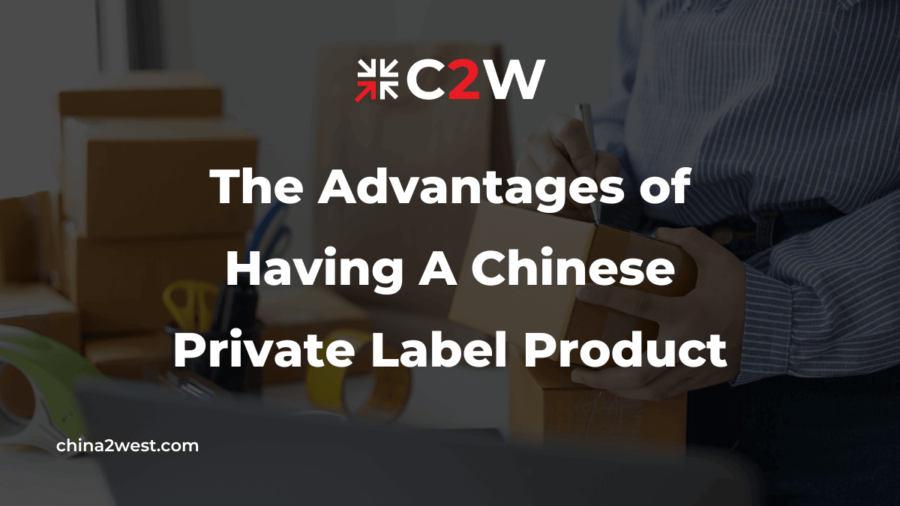Welcome to the exciting world of Private Labeling in China! If you’re an entrepreneur or a business owner looking to expand your product offerings and increase your profit margins, you’ve come to the right place.
In this article, we will take you on a journey to explore the ins and outs of Private Labeling and how it can revolutionize your business.
Understanding Private Labeling
Private Labeling is a business arrangement where a company sources products from a manufacturer but sells them under its own brand name.
In simple terms, it’s like putting your name on a product someone else makes. This concept has been gaining immense popularity worldwide, especially in China.
The Rise of Private Labeling in China
China has emerged as a global manufacturing hub, and for good reason. Its abundant resources, skilled labor, and cost-effective production have made it an attractive destination for Private Labeling.
The nation’s infrastructure and logistics also contribute to the ease of conducting business.
Advantages of Private Labeling
Customization: Private Labeling allows you to customize products according to your target audience’s preferences, giving you a competitive edge.
You can tailor the design, packaging, and even the product’s features to meet specific customer demands.
Brand Control
With Private Labeling, you have complete control over your brand identity and positioning in the market. This means you can build a unique brand image and reputation, separate from competitors and gain customer loyalty.
Profit Margin
By cutting out the middleman and working directly with the manufacturer, you can enjoy higher profit margins. This direct relationship allows you to negotiate better pricing, leading to increased profitability.
Speed to Market
Private Labeling enables you to bring products to market quickly and efficiently. Since you’re not involved in the product’s initial development, you can focus on marketing, distribution, and other business aspects to get your products to consumers faster.
Finding the Right Manufacturer
Choosing the right manufacturer is critical for the success of your Private Labeling venture.
Look for experienced manufacturers with a proven track record of delivering quality products. Request product samples to assess the product’s quality and suitability for your brand.
Also, verify their certifications and credentials to ensure reliability and compliance with industry standards.
Navigating the Language Barrier
While language differences can pose challenges, don’t let them deter you. Effective communication is essential when dealing with Chinese manufacturers. Consider hiring a translator or working with a sourcing agent who can facilitate clear communication and ensure smooth interactions with your manufacturing partners.
Quality Control in Private Labeling
Maintaining consistent product quality is vital for customer satisfaction and brand reputation. Implement strict quality control measures throughout the production process. Conduct regular inspections and communicate clear expectations with your manufacturer to ensure they meet your quality standards.
Design and Branding Strategies
A well-designed product and branding strategy can leave a lasting impression on your customers. Invest in eye-catching packaging, appealing logos, and compelling product descriptions to stand out in the market. Your branding should align with your target audience’s preferences and evoke emotions that resonate with them.
Avoiding Pitfalls in Private Labeling
While Private Labeling offers numerous benefits, it’s not without its challenges. Be wary of counterfeit products, intellectual property theft, and supply chain disruptions.
Conduct thorough research on potential manufacturers, enter into legal agreements to protect your brand and intellectual property, and be prepared to address any unforeseen issues that may arise.
Private Labeling vs. White Labeling
Although these terms are often used interchangeably, there are significant differences between Private Labeling and White Labeling.
Private Labeling involves customization, where you can tweak the product to suit your brand’s unique identity.
In contrast, White Labeling involves branding existing products as your own, with limited or no customization.
Understanding these distinctions will help you make informed business decisions that align with your brand strategy.
Protecting Your Intellectual Property
Protecting your intellectual property (IP) is crucial, especially in China, where IP infringement has been a concern. Register your trademarks, patents, and copyrights with the relevant authorities in China to safeguard your intellectual property rights. Engage with legal experts who specialize in international IP protection to ensure comprehensive coverage and enforcement.
By leveraging the power of Private Labeling, you can unlock new opportunities for your business. The future of Private Labeling in China looks promising, so seize the opportunity and watch your business thrive! One way to make it happen is to work with a well-seasoned manufacturer in China, like C2W with their own supplier networks, assembly facility and product development team. Contact us now!




